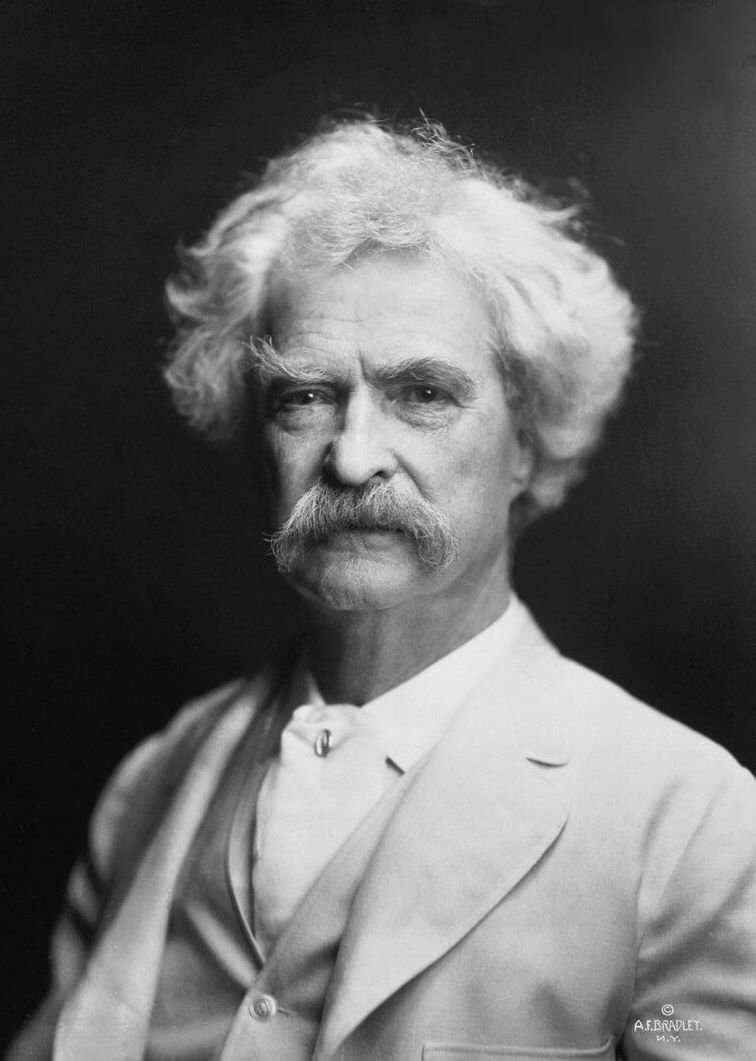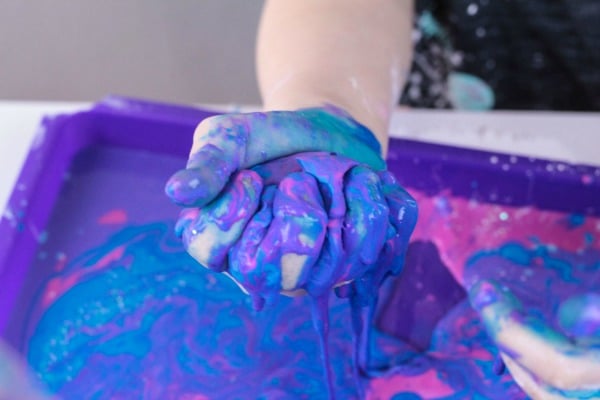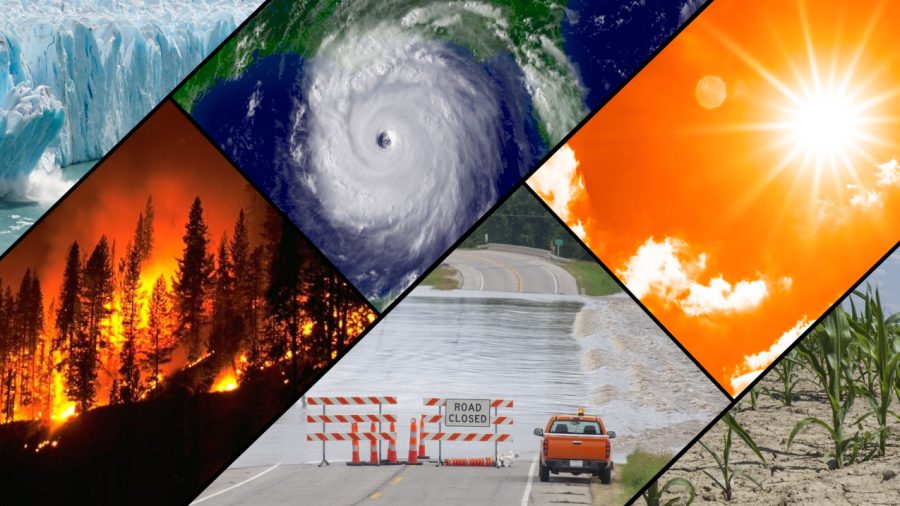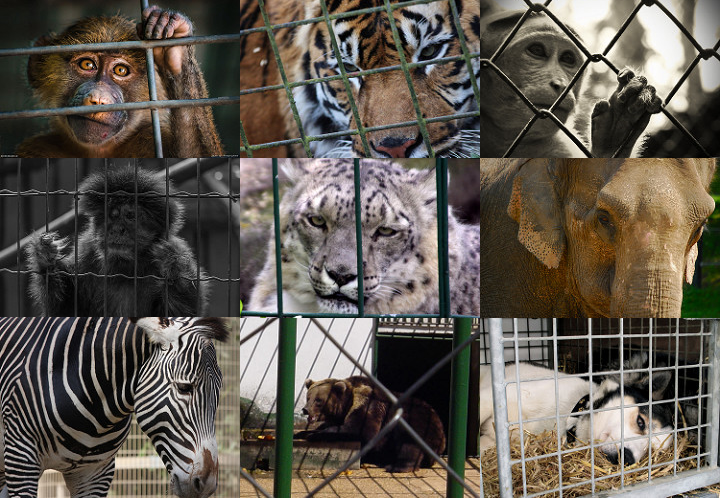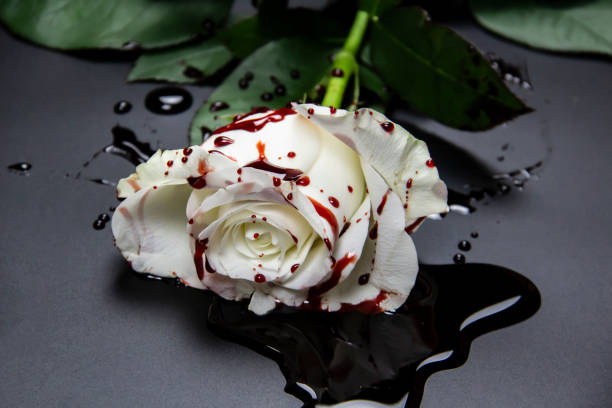Bang. The sky bursts into a dazzling array of colors. Red, white, and blue dance across the horizon.
But.
A whimper. A dog paces his home and seeks shelter from the oppressive onslaught of sensory input. He howls.
As many modern families have experienced, the tradition of a fireworks display has an extremely negative impact on many pets. According to a study published in Applied Animal Behaviour Science, around 50% of dog owners in a survey reported that their dogs appear to experience fear from some sort of noise. This translates to fear of fireworks. The gunshot-reminiscent sound of a fireworks display creates an adrenaline-filled response by many pets, who may attempt to escape and thus place themselves in great danger. In New York State, it is illegal to own fireworks and even sparklers in some counties (including Nassau), yet so many individuals purchase these pyrotechnics without consequence. Additionally, fireworks can harm the environment, the chemicals entering bodies of water. So why, one asks, do some choose momentary excitement (that can be gained through safer methods) over the potential life of a fellow creature?
Now, this is not just a local issue. Around the 4th of July 2023, a family in Colorado lost their dog after he ran away from home due to the traditional celebratory fireworks. The dog, Milo, bolted through a gap in the fence after hearing the fireworks and had not returned as of the following four days. The family, the Medinas, were distraught.
“We just want him back,” said Amanda Medina to CBS News.
Additionally, across the country in Nashville, Tennessee, another family lost their dog, Cooper, after he too ran away as a result of the sound of fireworks on July 4th. Worried and afraid, Pamella Almeida looked for her dog throughout the following day:
“Yesterday was for a lot of people a day to celebrate, but for us it was really a day to cry and worry because every noise and firework was just thinking how scared he was,” she said to NewsChannel5 Nashville.
In Florida, a family’s dog died after he went into cardiac arrest from what was essentially a firework-induced panic attack.
Evidently, this is a serious issue. According to PetAmberAlert, more pets are lost at the time around the 4th of July than any other day, running away from the sounds and into unknown and dangerous areas. Additionally, only an average of 14% are returned to their owners. Animals have been hit by cars after they bolt into the road, blinded by terror. The fight-or-flight response induced by fireworks leads to the loss of pets and can even tragically lead to loss of life.
Supporters of these abrasive and fiery displays say that they are “exhilarating and invigorating,”, but must realize that other creatures do not understand this. The voluntary use of fireworks when other options are available is disrespectful to the beings that inhabit our planet and our planet itself.
Something must be done.
There are many ways to help, according to the RSPCA. To begin, do not set off fireworks on days that are not holidays. This will allow pet owners to prepare to help their pets endure the experience. There are also many safer alternatives to fireworks and even sparklers, such as drone displays and lantern parades. Glow sticks can be enjoyable as well, but are not sustainable. These options do not pose much danger to pets and wildlife, though light displays still can frighten animals such as horses. In general, pets should be kept in a quiet space where they feel comfortable.
Furthermore, the RSPCA has a campaign to petition and lobby officials to tighten the regulation of fireworks use to rescue pets and livestock from the grip of stress and fear. Other attempts are also being made. Change is possible.
However, citizens must stay vigilant and prepared, spread the word, and perhaps everyone should include a bit more empathy in their celebration.
And potentially save a life.











